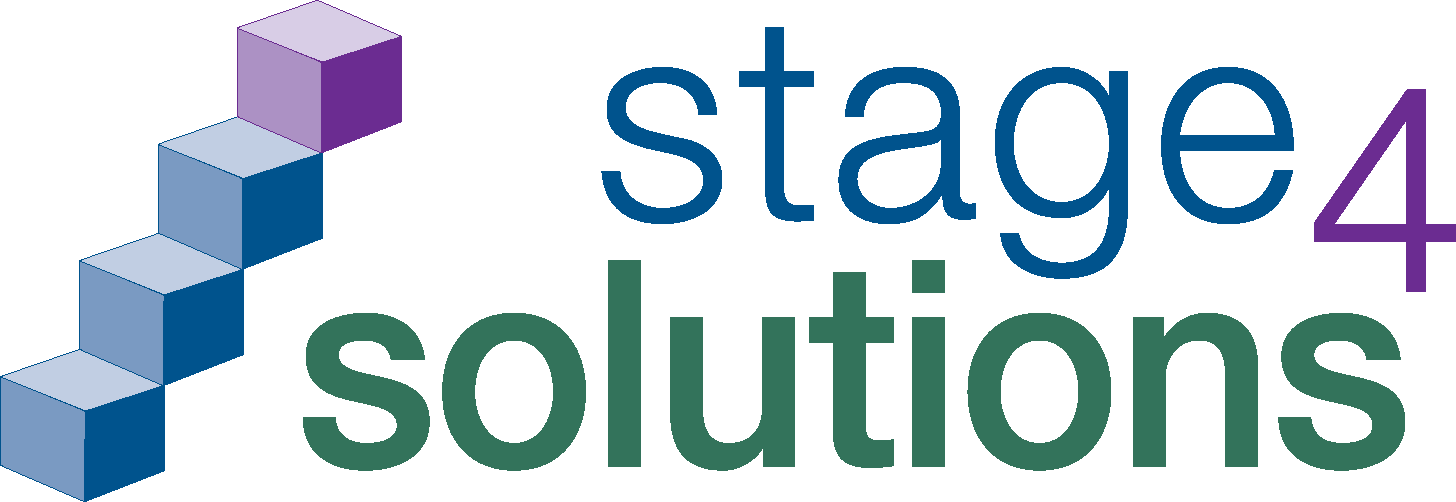Challenges Posed by Public Generative AI in the Workplace
- April 22, 2024
- Posted by: Stage 4 Solutions
- Category: Blog

Since the widespread availability of public generative AI platforms, significant controversy has surrounded their use in the workplace. While the benefits are vast from automation and enhancing efficiency to reducing time spent on a variety of tasks across various areas, concerns have emerged, prompting organizations to take action. We polled our professional network to understand whether their organizations have control over the use of public generative AI applications in the workplace.
Does your organization currently have any control over ChatGPT or other public generative AI applications in the workplace?
- Yes: 31%
- No: 59%
- No, but considering: 10%
The poll results align with recent research from BlackBerry, revealing that several organizations are contemplating or enacting bans on ChatGPT and similar public generative AI tools due to several factors such as concerns over data security and privacy, the potential for misinformation impacting company reputation, and the risk of bias inherent in AI-generated content.
Most public AI tools lack the robust security measures and data protection protocols necessary to safeguard sensitive information within organizational environments. The potential for unauthorized access, data breaches, and misuse of proprietary data presents a significant liability for businesses. Additionally, the use of public generative AI tools can pose a threat to a company’s reputation, as they can disseminate misinformation or inaccuracies. In an era where brand integrity and trust are paramount, the dissemination of false or misleading information can have far-reaching consequences, eroding consumer confidence and damaging organizational credibility. Furthermore, there is a growing recognition of the potential for bias in AI-generated content, stemming from the underlying algorithms and datasets used to train these systems. Public generative AI tools may perpetuate stereotypes, amplify existing biases, or generate content that reflects a skewed worldview. This poses ethical and regulatory challenges for organizations, particularly in industries where fairness, equity, and diversity are paramount.
As businesses navigate the evolving landscape of AI technology, it is imperative to prioritize the responsible and ethical use of these tools while maintaining a commitment to privacy, accuracy, and fairness. Here are a few strategies businesses can take to mitigate risks:
Educate Employees: Provide comprehensive training and awareness programs to educate employees about the risks associated with public generative AI applications and the importance of data security and privacy. Encourage employees to exercise caution when interacting with AI-generated content and to report any suspicious activity promptly.
Promote Ethical AI Practices: Foster a culture of responsible AI usage by promoting ethical AI practices and principles within the organization. Encourage transparency, accountability, and fairness in AI deployment and usage, and prioritize the ethical considerations inherent in AI-driven decision-making processes.
Implement Robust Security Measures: Prioritize the implementation of stringent security protocols and encryption mechanisms to protect sensitive data from unauthorized access or disclosure. This includes implementing access controls, encryption, and regular security audits to identify and address vulnerabilities proactively.
Enhance Data Governance Practices: Establish clear policies and procedures for data handling, storage, and processing, ensuring compliance with relevant regulatory frameworks.
Conduct Due Diligence Assessments: Before engaging with third-party AI providers, conduct thorough due diligence assessments to evaluate their security practices, data protection protocols, and compliance with industry standards. Ensure that vendors adhere to stringent security and privacy standards and are transparent about their data handling practices.
Leverage Enterprise-Grade Solutions: Consider investing in enterprise-grade AI solutions that prioritize security, privacy, and regulatory compliance. These solutions typically offer robust security features, granular access controls, and data protection mechanisms designed to meet the unique needs of businesses operating in regulated industries.
By adopting these proactive measures, businesses can effectively mitigate the risks associated with public generative AI applications while safeguarding their data, reputation, and compliance with regulatory requirements. Furthermore, as organizations continue to integrate AI into the workplace, having the right resources becomes essential, from AI prompters, AI Security Specialists, Data Governance Managers, and AI Compliance Officers to AI developers, data scientists, and machine learning engineers. Partnering with Stage 4 Solutions ensures that businesses can fill critical resource gaps with skilled professionals who possess the expertise needed to navigate challenges effectively. With an extensive internal network of experienced professionals and a commitment to ensuring customer success, we are committed to assisting our clients in harnessing the full potential of AI to achieve project and business objectives while mitigating risks. Please let us know your resourcing needs!

